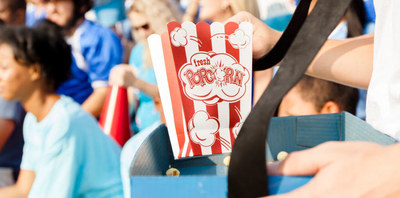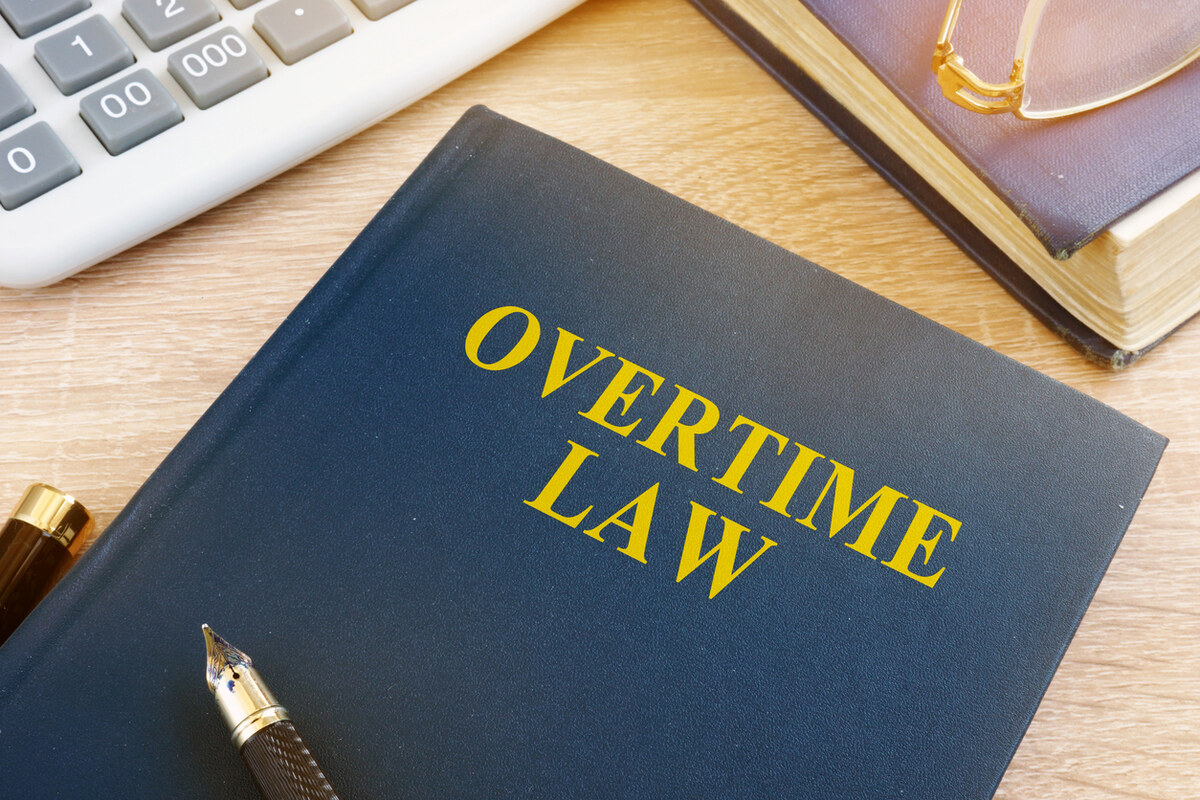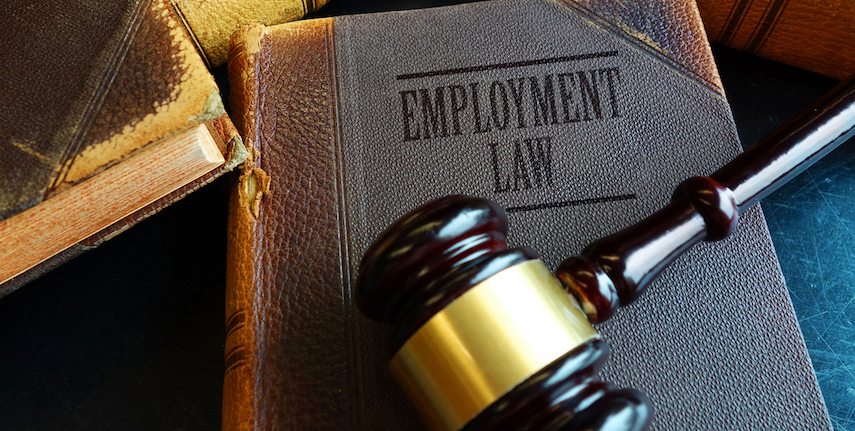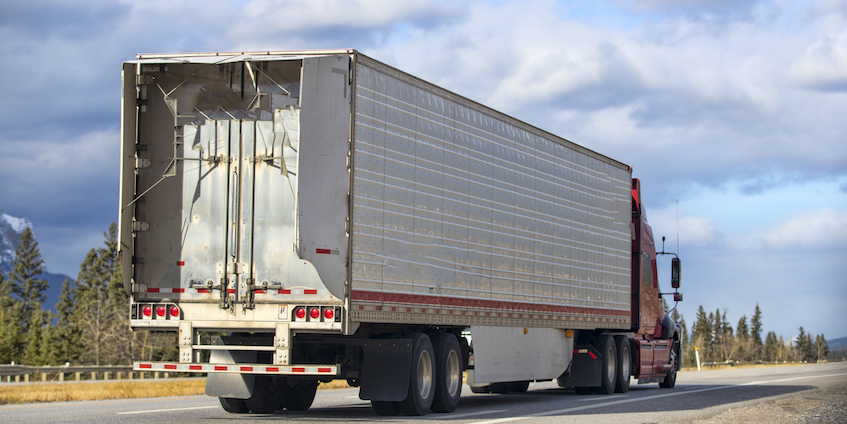Freelance Writer Takes on Stadium Contractor in California Wage and Hour Lawsuit

Santa Clara, CA: It’s an interesting position: launch a proposed class-action lawsuit, and then write all about it. But that’s what Gabriel Thompson has done. Gabriel, writing in Slate Magazine (2/19/16), reveals that he is the lead plaintiff in a California wage and hour lawsuit against the entity contracted by Levi’s Stadium in Santa Clara to provide food and beverage services to the Bay area stadium, which is home to the San Francisco 49ers and host of Super Bowl 50.
A freelance writer, Thompson has no quarrel with the stadium. However, working as he did for a handful of games as an employee of defendant Centerplate, the lead plaintiff in the proposed class action is none too pleased with Centerplate’s alleged failure to pay its employees for all hours worked, failure to provide adequate rest periods as mandated under California law, together with other unnamed business practices the lawsuit deems as unfair.
Thompson asserts that during his brief time with Centerplate working four games at Levi’s Stadium - including the big Super Bowl 50 game - he was unable to take rest breaks even after working a successive 12 hours, or so it is alleged, in clear violation of California wage and hour laws.
There are also allegations that during the Super Bowl game, Thompson and his fellow employees were not paid for time they spent waiting for, and then traveling on, employee shuttles to and from the stadium. Thompson asserts that on Super Bowl Sunday he worked a total of 17 hours. Five of those hours, it is alleged, were spent waiting for transit or spent in transit.
The California wage and hour lawsuit asserts those five hours should have been considered paid hours. Instead, it is alleged those five hours were in effect off-the-clock work, when in fact, they should have been paid hours. Thompson notes that while he was paid straight time and overtime (at time-and-a-half) for the hours worked beyond 8 hours in the workday, there was no additional pay for the remaining five hours of transit and waiting for transit, together with missed rest periods that, combined, took him to 17 hours worked in total if the missing five hours were factored in.
There would have been double-time-and-a-half for any hours worked beyond 12 hours in a single day, or so it is alleged.
“In 2009, a study by three organizations - the UCLA Institute for Research on Labor and Employment, the National Employment Law Project, and the UIC Center for Urban Economic Development - found that low-wage workers in Chicago, Los Angeles and New York City lost more than $56 million per week due to various forms of wage theft and other forms of labor violations,” Thompson writes in Slate Magazine. “Last October, California Governor Jerry Brown signed legislation that makes it easier for workers to recover back wages, including a provision that holds individual executives, and not just the corporate body, accountable for unpaid wages.”
Provided the California wage and hour lawsuit is granted class-action status, the suit would represent all employees of Centerplate who worked at Levi’s Stadium during the entire 2015-2016 NFL season.
The lawsuit is Gabriel Thompson et al v. Centerplate of Delaware Inc. et al, Case No. 16-cv-291643, filed February 17, 2016 at Superior Court for the State of California.
A freelance writer, Thompson has no quarrel with the stadium. However, working as he did for a handful of games as an employee of defendant Centerplate, the lead plaintiff in the proposed class action is none too pleased with Centerplate’s alleged failure to pay its employees for all hours worked, failure to provide adequate rest periods as mandated under California law, together with other unnamed business practices the lawsuit deems as unfair.
Thompson asserts that during his brief time with Centerplate working four games at Levi’s Stadium - including the big Super Bowl 50 game - he was unable to take rest breaks even after working a successive 12 hours, or so it is alleged, in clear violation of California wage and hour laws.
There are also allegations that during the Super Bowl game, Thompson and his fellow employees were not paid for time they spent waiting for, and then traveling on, employee shuttles to and from the stadium. Thompson asserts that on Super Bowl Sunday he worked a total of 17 hours. Five of those hours, it is alleged, were spent waiting for transit or spent in transit.
The California wage and hour lawsuit asserts those five hours should have been considered paid hours. Instead, it is alleged those five hours were in effect off-the-clock work, when in fact, they should have been paid hours. Thompson notes that while he was paid straight time and overtime (at time-and-a-half) for the hours worked beyond 8 hours in the workday, there was no additional pay for the remaining five hours of transit and waiting for transit, together with missed rest periods that, combined, took him to 17 hours worked in total if the missing five hours were factored in.
There would have been double-time-and-a-half for any hours worked beyond 12 hours in a single day, or so it is alleged.
“In 2009, a study by three organizations - the UCLA Institute for Research on Labor and Employment, the National Employment Law Project, and the UIC Center for Urban Economic Development - found that low-wage workers in Chicago, Los Angeles and New York City lost more than $56 million per week due to various forms of wage theft and other forms of labor violations,” Thompson writes in Slate Magazine. “Last October, California Governor Jerry Brown signed legislation that makes it easier for workers to recover back wages, including a provision that holds individual executives, and not just the corporate body, accountable for unpaid wages.”
Provided the California wage and hour lawsuit is granted class-action status, the suit would represent all employees of Centerplate who worked at Levi’s Stadium during the entire 2015-2016 NFL season.
The lawsuit is Gabriel Thompson et al v. Centerplate of Delaware Inc. et al, Case No. 16-cv-291643, filed February 17, 2016 at Superior Court for the State of California.











No Comments